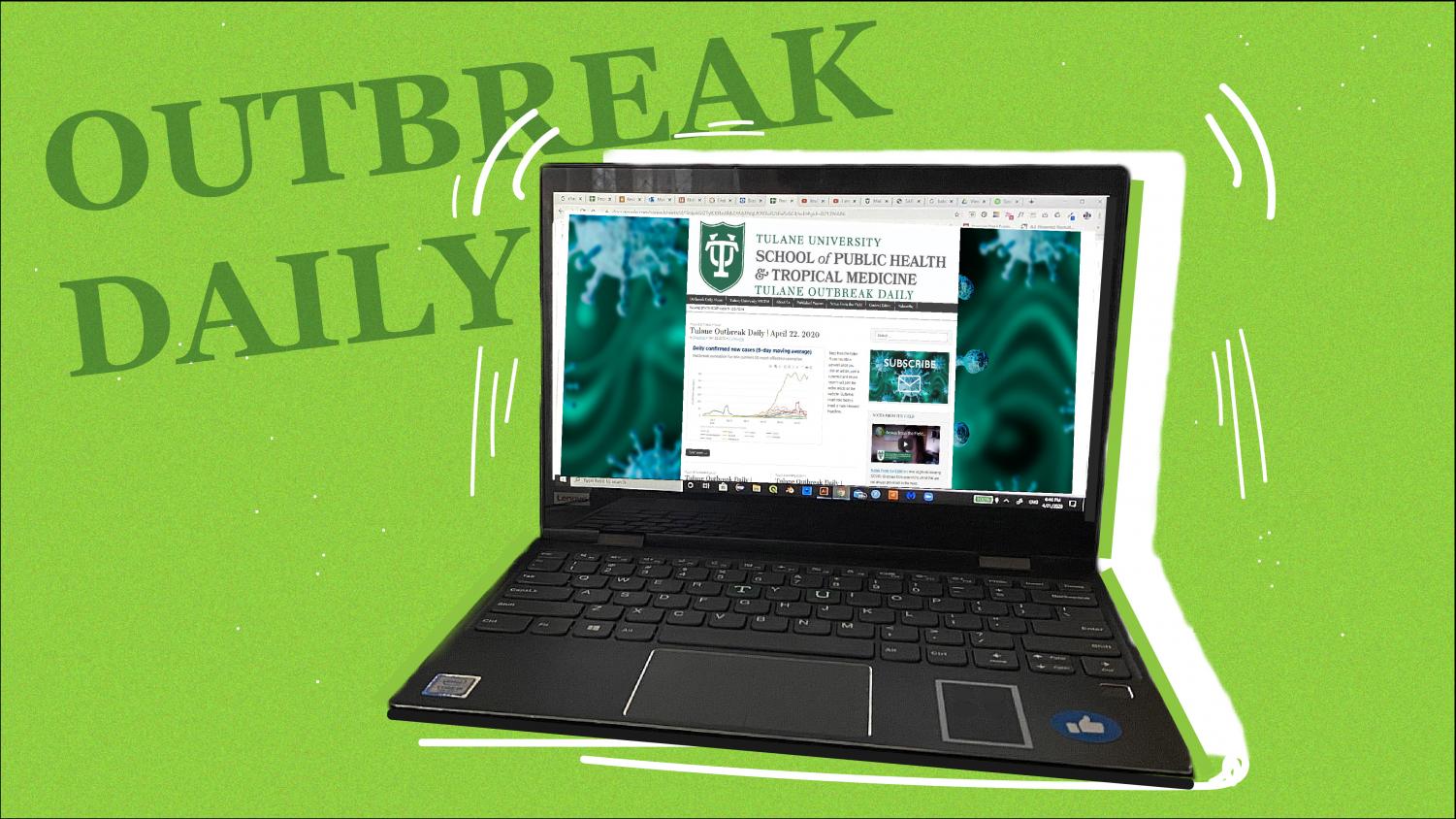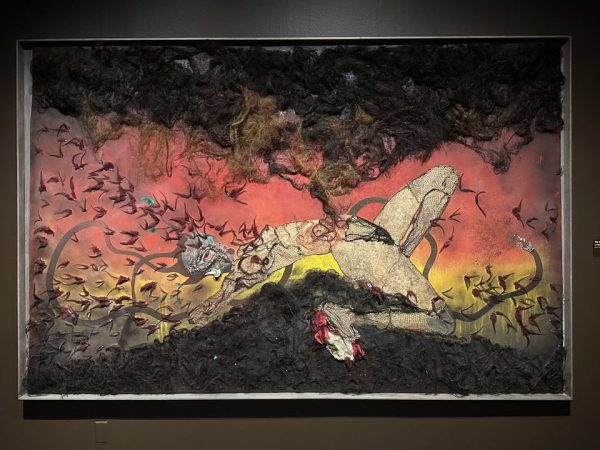Anthony Fauci subscribes to Tulane research newsletter
April 23, 2020

As the coronavirus pandemic continues nationwide, hitting New Orleans especially hard, Tulane researchers have made efforts in the fight to develop treatments for the virus. From collecting grants to making cutting-edge developments, Tulane students and staff have documented and shared their progress through the creation of Tulane Outbreak Daily and Tulanian Now.
Tulanian Now focuses on research, response and work being done by Tulane staff and students. The Tulane University School of Public Health and Tropical Medicine also launched the Tulane Outbreak Daily to wrap up the most notable headlines and advancements throughout the week.
Dr. Anthony Fauci, the director of the National Institute of Allergy and Infectious Diseases, subscribed to the newsletter, according to an email from a clinical associate professor of global community health and behavioral sciences at Tulane.
“Tulane is leading the way to find solutions for the novel coronavirus — from designing new therapeutic strategies and nanotechnology-based tests to rapidly diagnose infections to working to develop one of the first nonhuman primate models for COVID-19,” President Mike Fitts said in a statement about Tulanian Now. “New Orleans has always been a global city, like New York and Seattle — and, since its founding as a medical college, Tulane has been on the frontline of infectious disease research.”
The National Institutes of Health and the NIAID awarded Tulane $10.3 million for testing vaccines and treatments relating to COVID-19. Chad Roy, director of infectious disease aerobiology at Tulane National Primate Research Center, is in charge of leading this research. With the funding, Tulane researchers will research nonhuman primates and discover how the virus infects organisms and transmits to others, which will give them insight for developing vaccines and treatments.
The Roche Cobas 6800 Analyzer at Tulane Medical Center can produce COVID-19 test results in as little as four hours. The machine allows 200 tests to be conducted per day and eliminates the need to send tests to the state lab in Baton Rouge for analysis, speeding up the time for people to learn their test results.
Tulanian Now produces a newsletter biweekly, and the Tulane Outbreak Daily is published daily.






















Leave a Comment